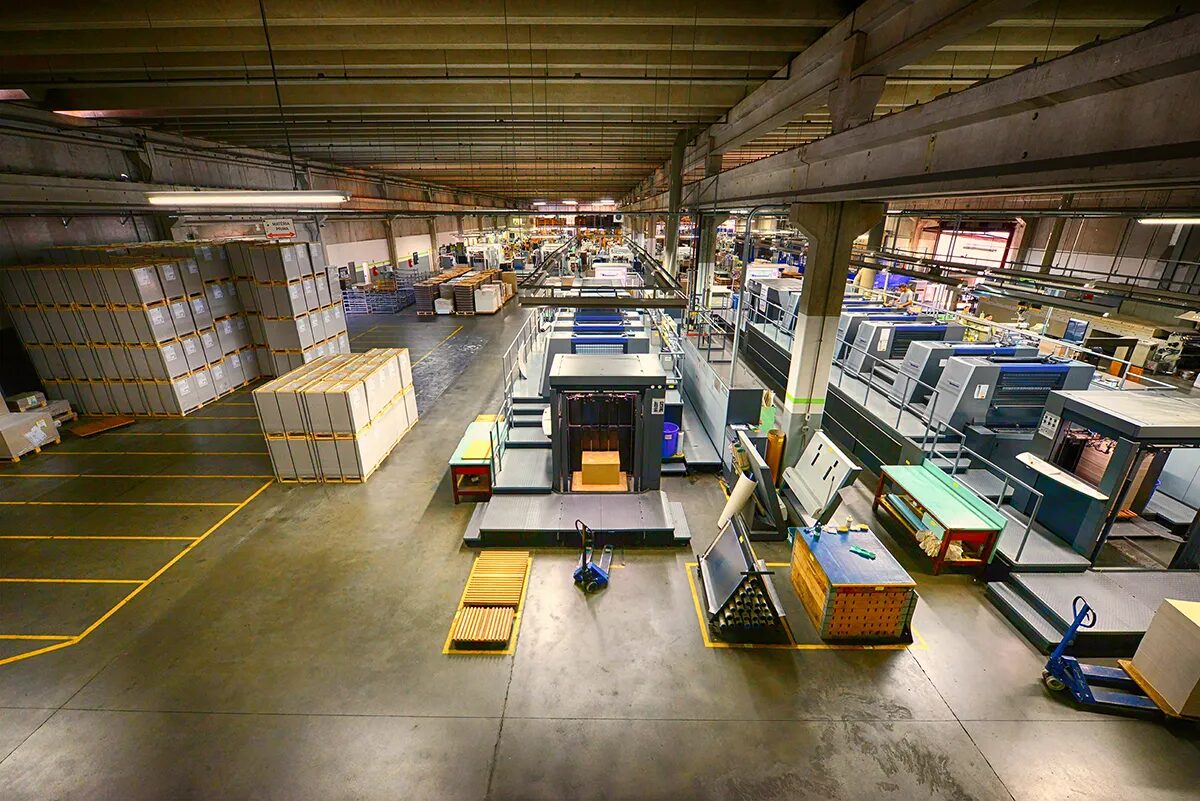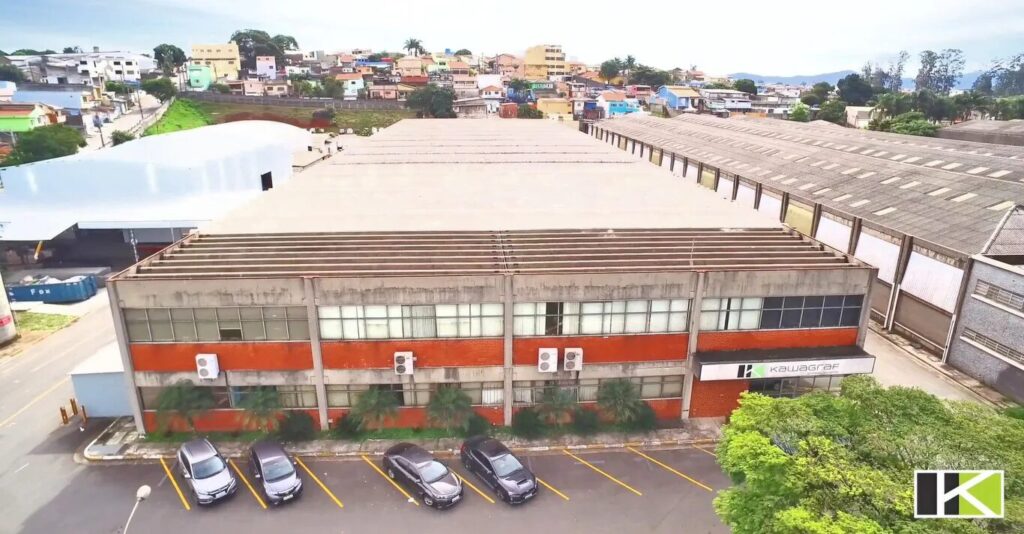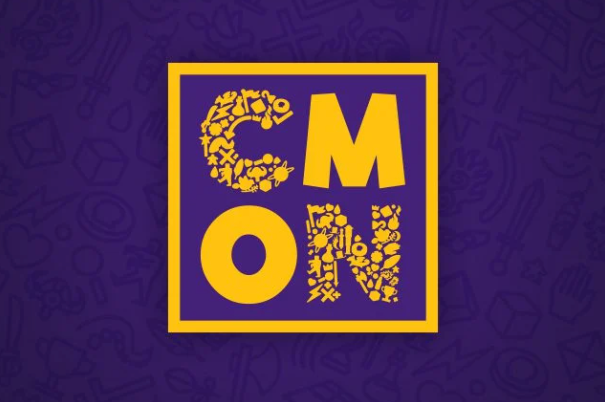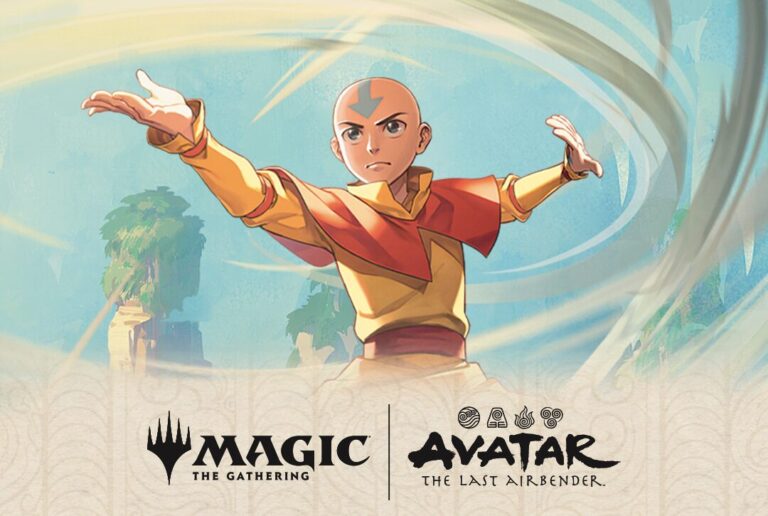
Exclusive: Board game manufacturing giant Panda expands production outside of China for first time amid US tariffs upheaval
Board game manufacturing major Panda has expanded its production operation outside of China for the first time by launching a joint venture in Brazil, as unpredictability over US tariffs continues to weigh on the tabletop industry.
Panda has manufactured more than 70 million board games from China since it was launched in 2007, for companies ranging from Asmodee, Stonemaier and Leder Games to first-time creators launching their projects on Kickstarter or Gamefound.
Chinese manufacturing has been rocked in recent weeks by US tariff policy, however, with President Trump raising import charges on Chinese goods as high as 145%, before a 90-day ‘truce’ between the countries reduced them to a still elevated 30%.
Manufacturing activity in China last month fell at its fastest pace since September 2022 according to a survey by Caixin and S&P Global, with finished goods beginning to pile up thanks to falling sales and delays in outbound shipments.
The 90-day truce is now causing its own problems, with tabletop publishers bracing themselves for shipping price hikes and further delivery delays, as companies scramble to get goods onto boats and into the US before the arrangement expires at the beginning of July.
Panda CEO Michael Lee told BoardGameWire, “The tariffs – particularly when they spiked to 145% in April – had a substantial impact. We saw a noticeable slowdown in new orders and several projects were temporarily paused.

“Fortunately, Panda has a global customer base. While the US represents about 58% of our business, we also serve many publishers in Europe and Asia which helped us to absorb some of the impact.
“Fluctuations in shipping prices and raw materials prices are an ongoing challenge, and we expect freight rates and input costs to track with demand — similar to what the industry experienced during COVID.
“We’re also advising publishers to build more lead time into their production and shipping schedules as a precaution.”
Lee said the tie-up with Brazilian print and packaging company Kawagraf – which has previously produced board games including Zombicide, Exploding Kittens and The Mind – would “offer clients a reliable path for navigating the current US tariff challenges while maintaining the high production standards Panda is known for”.
He told BoardGameWire his company had been planning to expand its manufacturing beyond China since the first Trump administration, and had considered partnerships in the US, Europe and other parts of Asia.
Lee said, “Ultimately the partnership in Kawagraf Brazil excited us the most for the following reasons. Kawagraf has great technical expertise and experience working with established international brands, [and] Brazil offers a tax exemption policy for importing raw materials and components for products that are transformed and exported.
“Brazil’s 10% tariffs are the lowest of all the countries we considered doing business in – even more advantageous than printing in the USA due to the fact that raw materials and components are currently subject to high tariffs.”
The first games produced at Panda Brazil are expected to arrive in the US within the next few weeks, with the company currently ramping up operations at the São Paulo-based factory.

Kawagraf’s background is rooted in high-end commercial printing and packaging for companies such as L’Oréal and Samsung, but Lee said the business had successfully transitioned into board game production and had “demonstrated both the technical capability and quality standards we look for in a manufacturing partner”.
He told BoardGameWire that the new factory was “ideally suited” for cardboard, paper, and wooden components, adding, “At this time, miniatures-heavy titles will still require plastics production from China, but these components may be imported into Brazil tax-free if they are assembled into final boxed games for export”.
Lee added that Panda has also explored expanding its manufacturing operation into Vietnam, but said, “unlike South America, Vietnam doesn’t offer the same local market potential — and there’s also an increasing level of customs scrutiny on Chinese products routed through Vietnam, which raises some concerns.
He said, “We’re continuing to evaluate global opportunities, but our focus is on strategic growth that balances logistics, cost, and market access. Brazil ticked all those boxes, which is why we chose to move forward there first.”
The expansion to Brazil also provides opportunities for growth across the South American continent, Lee told BoardGameWire, thanks to free trade agreements between countries that are part of the region’s MERCOSUR trading bloc.
He said, “Brazil has a highly developed print and packaging industry, along with a robust and integrated supply chain for raw materials. This makes it an ideal location for producing core game components like boxes, game boards, and playing cards.
“Brazil is also geographically closer to the USA than China, resulting in shipping times that are faster by around one week. Brazil’s has South America’s largest board game market and is home to notable publishers such as Galapagos Jogos, Grok, and Paper Games.
“Argentina and Columbia are the second and third largest economies in MERCOSUR. Although both countries have limited access to board games, local gaming communities do exist.
“Given their large populations and social cultures, we believe there is untapped potential to grow our hobby into these markets.
“While Chile is not a MERCOSUR member, Santiago boasts a vibrant gaming community and is home to the Ludifest gaming expo.
“Some local publishers such as Fractal Juegos have also had international success. In an effort to grow our presence in Latin America, Panda recently hired our first Spanish-speaking project manager who is based in Santiago.”
Asked if he was worried for the future of the industry, or for specific companies within it, given the high levels of tariffs, Lee said, “In the short term, yes – we empathize with the companies in our industry who are struggling. We’ve felt the impact ourselves, particularly in terms of reduced order volumes.
“But we also see these challenges as catalysts for necessary innovation. Our expansion into Brazil is one example — it’s not just a response to tariffs, but a long-term strategy to diversify production and gain access to new markets.
“We’re optimistic about the industry’s future, even if the near-term path is more complex than usual.”







[…] Notícias: https://corporate.asmodee.com/newsroom https://boardgamewire.com/index.php/2025/06/09/exclusive-board-game-manufacturer-panda-expands-produ… […]
[…] revealed last month that Panda had agreed a tie-up with Brazilian print and packaging company Kawagr…, offering board game publishers the chance to circumvent the hugely volatile US tariff situation […]
[…] this year BoardGameWire revealed that Panda had agreed a tie-up with Brazilian print and packaging company Kawagraf, offering board game publishers the chance to circumvent the hugely volatile US tariff situation […]